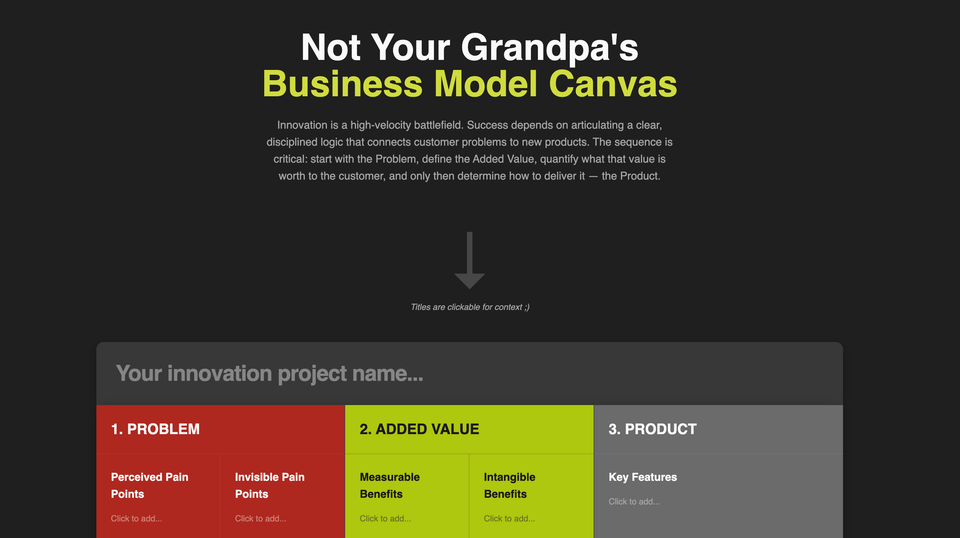Science against the mentor myth

Forget all your romantic ideas about what a good entrepreneurial mentor is: experienced in entrepreneurship, he/she has started several companies in his/her lifetime, has failed a couple of times and learned from it and succeeded enough time to still be active now. He has mentored several startupers so he/she knows how to transfer all that experience and entrepreneurial wisdom to the neo entrepreneur that you are. Having such a mentor will mean you will increase a hundred fold your chances of success. This is the mentor myth we share in our collective unconscious… And science says different.
Here’s our latest research on entrepreneurial mentoring written in collaboration with Etienne St-Jean from Canada (UQTR – Québec University of Trois Rivières) recently published as a book chapter in “Entrepreneurship – Practice-Oriented Perspectives” by InTech .
This scientific paper based on the analysis of hundreds of entrepreneurial mentoring pairs shows a few key points that we need to apply when designing a programme, selecting and training mentors for entrepreneurs; and that from experience I believe we should also consider when designing intra-organisational mentoring programmes.
The three main conclusions which may appear counter-intuitive are:
(1) The mentor’s entrepreneurial experience does not have an impact on the quality of the relationship nor on the neo entrepreneur’s (mentee) learning.
This was a big discovery, as for a long time, we and the whole mentoring community believed that experience and here entrepreneurial experience was key in selecting mentors. Now we see that it doesn’t have an impact – neither positive nor negative.
Contrary to our initial expectations, it seems that the mentor’s career does not impact the mentoring relationship.
What experience tells us that the results couldn’t show, is that entrepreneurial experience is key before the relationship starts. The mentee in order to feel comfortable opening up and listening to a mentor needs to perceive him/her as legitimate (whatever this may mean). In our collective perception of what a good entrepreneurial mentor is, it may mean a seasoned entrepreneur. Once we get to know the person our perception of what makes them legitimate may shift in one direction or another based on other factors such as the way the person speaks, their level of self-confidence or maturity, or any other subjective evaluation we may have after our first meeting.
But in the end, what science shows is that after months of mentoring relationship the results for the mentee is not connected to the mentor’s career.
(2) The mentor’s mentoring experience has a negative effect on the mentor’s psychological functions in the relationship (reassuring, motivator, confident, reflective).
This was another shocking discovery. Like with many other soft skills you may think that the more you practice, the better you get at it. Well in this case “no”. With many programmes I support, I have indeed observed that because the “mentor posture” is new and very different from the “manager posture”, the novice mentors are from the beginning very open, curious to learn, cautious about what they can/cannot do, inquisitive about the ethics etc. This makes them good mentors because they are aware that there could be pitfalls. Their cautious attitude keeps them away from managerial habits.
These results suggest that, initially, mentors could be less confident in their ability to properly mentor novice entrepreneurs. Thus, they could be more attentive to the mentee’s needs and the psychological aspects of mentoring in particular. With more experience, they could be less attentive to the psychosocial needs of entrepreneurs and focus more on business issues.
After having had one or more mentoring experience, comfort and complacency might set in and this is where the problem is. The risk becomes that they become consultants, move towards a more directive style, want to see results. Indeed, being a mentor can be frustrating, as the mentee may or may not follow your advice, may or may not be able to hear and translate your experience into their context, may or may not understand the hidden wisdom of your past learnings. So there is no direct link between the mentor’s experience sharing and the impact on the mentee’s success as an entrepreneur. So the mentor might not see the value that he/she brings. Hence the tendency after a few experiences is to want to be more involved in the mentee’s success and to lose the appropriate distance the mentor posture requires. Hence the decrease in relationship quality and result.
(3) This negative effect can be neutralized by continuous training.
We had already discussed in previous articles (2009, 2013, 2014) the importance to prepare the mentors to a new posture and give them the tools to better support their mentees.
Training enables the mentor to put his accumulated entrepreneurial experience to good use so that he can assume an appropriate mentoring style, as well as an approach that allows the creation of trust and support as the relationship progresses.
But in these articles we were talking about the initial training, what the research suggests is that continuing to train the mentors regardless of the number of mentoring experiences they’ve had is key to avoiding the negative effect of complacency.
In reality, what tends to happen is that we create mentoring communities that enable mentors to refresh their perspective, to share best practices, to help each other with challenges, to review the basics and learn the latest tools. These community events may not look like formal training but they are indeed contributing to the continuous development of the mentors’ skills and ensuring the original mentoring mindset remains.
It would therefore appear that training allows mentors to question their intervention and help them maintain an awareness of the psychosocial aspects of mentoring.
Download the full article below or contact us for further information on how you can improve the efficiency of your mentoring programme whether for entrepreneurs or cultural transformation.




